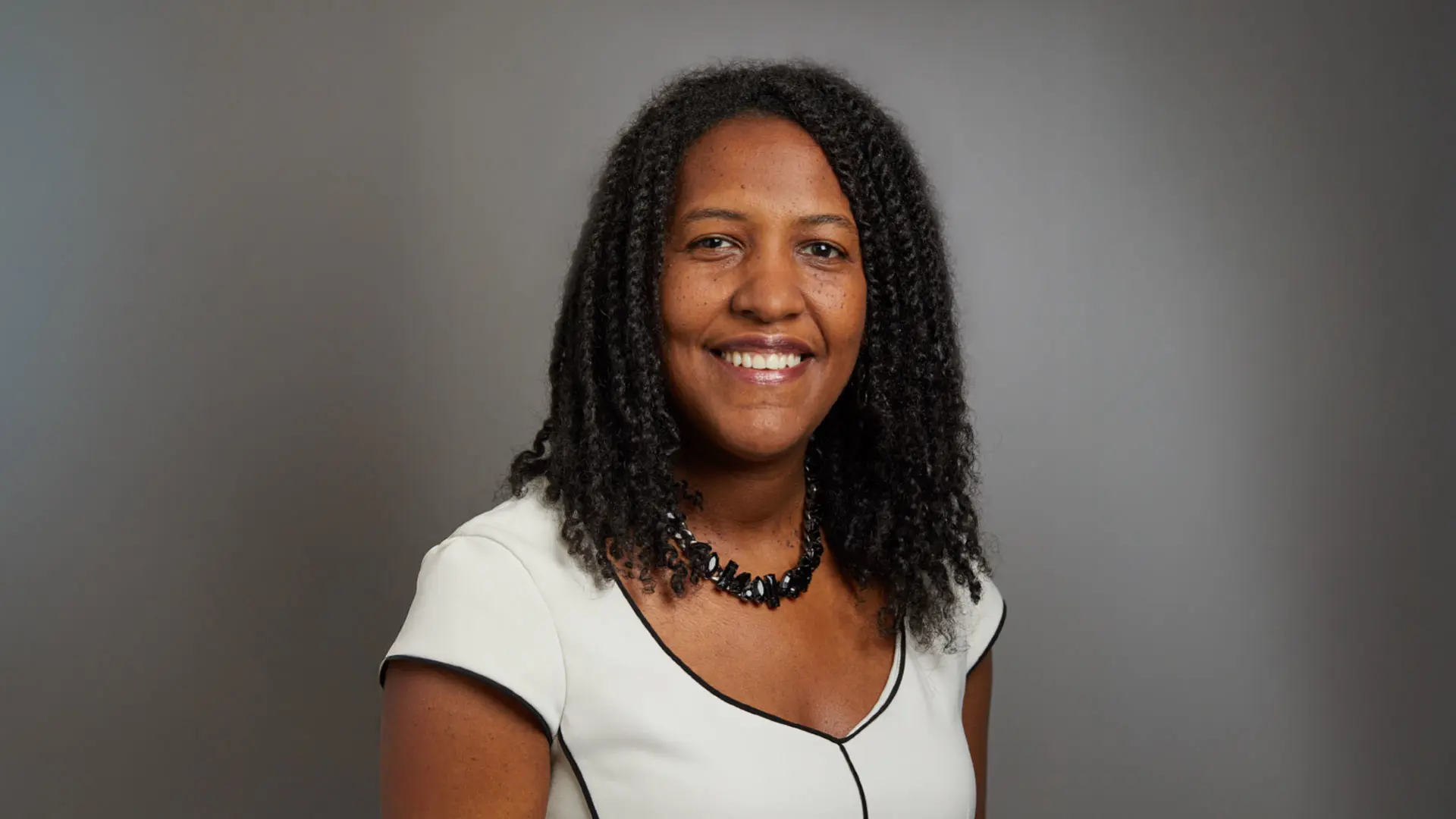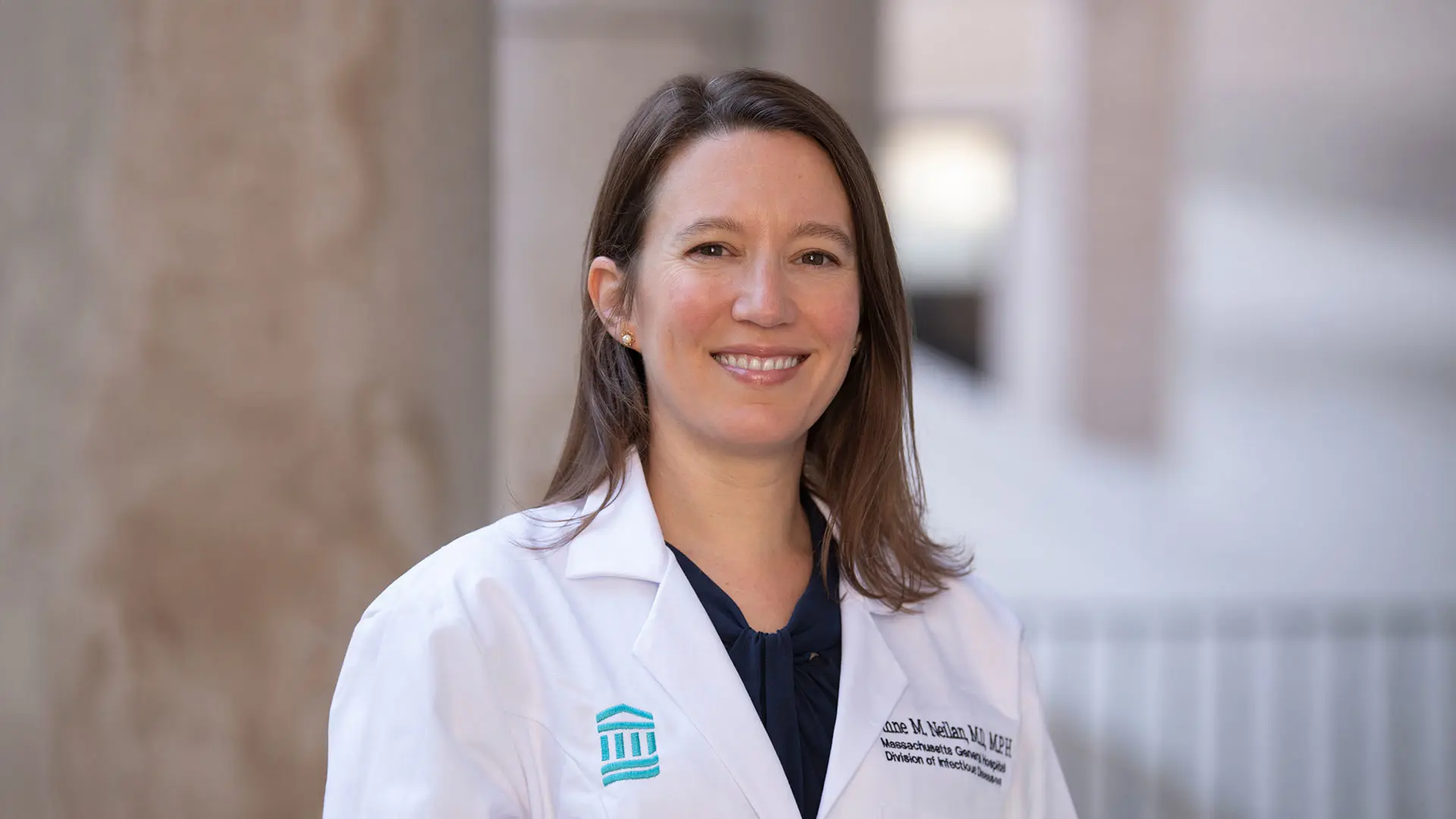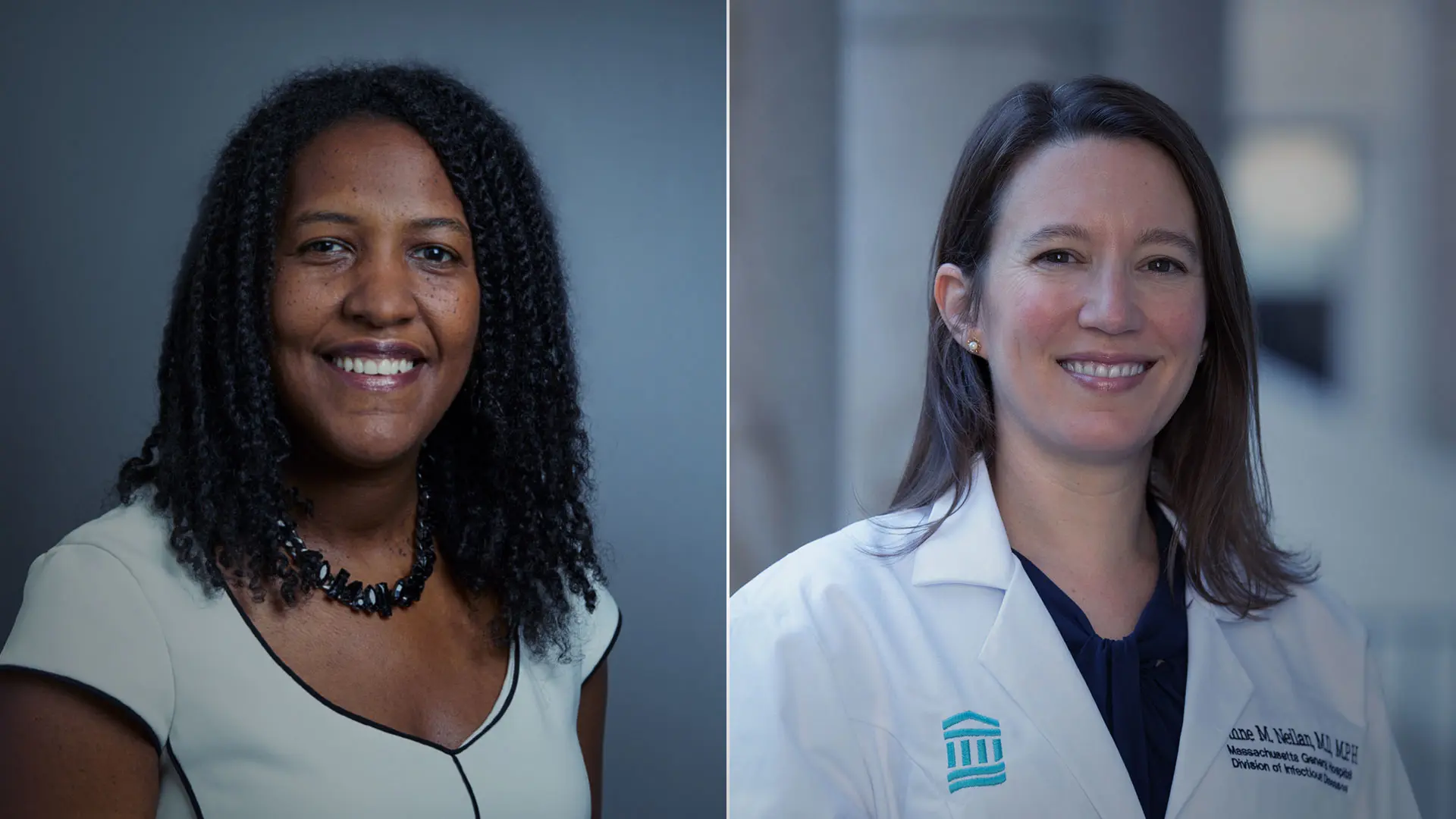
Maudry Laurent-Rolle, MD, PhD
Dr. Laurent-Rolle is Assistant Professor in the Department of Internal Medicine (Infectious Diseases) and the Department of Microbial Pathogenesis in the Center for Infection and Immunity at Yale School of Medicine. Her research focuses on understanding how interferon-stimulated genes contribute to host resistance against viral infections and how pathogenic viruses counteract host immune responses. She received her dual MD-PhD degree through Mount Sinai’s Medical Scientist Training Program (MSTP) in 2013.
You have many accomplishments, what are you focused on now?
On the research front, I have dedicated more than two decades to studying arboviruses, such as flaviviruses, which has provided significant insights into the mechanisms of viral immune evasion. This foundational understanding is critical for developing effective strategies to prevent and treat flavivirus- related diseases and has broader implications for the fields of virology and immunology.
In 2023, more than 6 million cases of dengue fever were reported globally, resulting in thousands of severe cases and fatalities, reflecting an upward trend that highlights the escalating challenge posed by these viruses. In response, I have expanded my research program to include highly pathogenic alphaviruses, which while similar to flaviviruses in some respects, can present unique challenges. My goal is to contribute to the development of effective strategies for the prevention, treatment, and management of these arboviral diseases, ultimately improving public health outcomes on a global scale.
On the training front, mentoring emerging scientists who are in the early stages of their careers is very important to me. In this role, I offer a range of support and guidance in:
Career Development: Providing strategic advice on skill development and career planning.
Coping with Failure: Assisting them in managing setbacks and learning from failures, which are inevitable in the research field.
Fostering Independence: Encouraging them to take ownership of their projects and decisions, which helps in building confidence and self- reliance.
What were some of the most challenging career issues you faced?
A significant challenge was balancing family responsibilities with career development. Specifically, I faced difficulties in:
Time Management: Finding time for research, meetings, and professional development while ensuring quality family time was a constant struggle.
Work-Life Integration: Striking a balance between work and home life meant making difficult decisions about where to allocate my energy and attention.
Support Systems: Building a strong and reliable support network at home and professionally was essential, helping me to manage family responsibilities, allowing me to focus on my career, and requiring intentional decisions to achieve.
How, specifically, did Mount Sinai contribute to your success?
As an undergraduate, I participated in the Mount Sinai Summer Undergraduate Research Program (SURP) [now known as SURP4US], which was pivotal in shaping my research interests and academic trajectory. I later joined the Postbaccalaureate Research Education Program under the leadership of Terry Ann Krulwich, PhD. When I matriculated into the MSTP, I conducted my research in the lab of Adolfo Garcia-Sastre, PhD. Mount Sinai’s MSTP is renowned for its rigorous academic standards, challenging curriculum, a network of distinguished professionals, and exposure to a broad spectrum of perspectives and innovative ideas.
My training in the Garcia-Sastre Lab was particularly influential. It emphasized critical thinking, advanced research techniques, and leadership development, which have been instrumental in shaping my career, providing me with the skills necessary to tackle complex scientific problems, and leading research initiatives effectively.
Any advice for today’s students?
Stay curious: Constantly seek to learn and explore new ideas.
Set clear goals but be adaptable: Adaptability is crucial in navigating the dynamic landscape of research and academia.
Embrace challenges and learn from failures: Use failures as opportunities for personal and professional growth.
Build professional connections: Building a strong professional network can provide support, foster collaborations, and open doors to new opportunities.
Seek mentorship: A strong mentorship relationship can offer invaluable insights and support throughout your career.
Develop communication and writing skills: Invest time in honing these skills to effectively share your work and ideas with the broader community.
Prioritize your well-being: Take care of your mental, physical, and spiritual health, these are crucial for maintaining your productivity and creativity.

Anne M. Neilan, MD, MPH
Dr. Neilan, a medicine- and pediatrics-trained adult infectious diseases physician, is a clinician investigator and practicing physician at Massachusetts General Hospital, and Associate Professor of Pediatrics and Assistant Professor of Medicine at Harvard Medical School. Her primary research interests include using mathematical simulation modeling to assess health outcomes in HIV-infected adolescents and adolescents at risk of HIV infection. In 2007, Dr. Neilan received her medical and Master of Public Health degrees from Mount Sinai.
You have many accomplishments, what are you focused on now?
Over the years, I’ve enjoyed the combination of clinical medicine and research —thinking through how answering research questions and changing health policies could affect the patients in front of me. It’s been very rewarding to work with a multidisciplinary research team to use methods of decision science and cost-effectiveness analysis to answer questions to advance science and policy related to adolescents affected by HIV in the United States and elsewhere.
As background: One in five new HIV infections in the United States occurs among adolescents and young adults between 13 and 24 years of age. Nearly half of adolescents and young adults with HIV in the United States are unaware of their HIV infection. We aim to answer questions that cannot be answered by traditional study designs alone: How frequently should youth at increased risk of HIV be tested? What are the most clinically and economically effective uses of HIV pre-exposure prophylaxis for adolescents who are sexually active? Using the best available national data, we parameterize a computer-based adolescent-focused mathematical model to simulate populations of adolescents over their lifetimes to gain insights into the clinical and economic consequences of distinct HIV care strategies.
What were some of the most challenging career issues you faced?
Sustaining research projects and leading teams while being a primary caregiver when family members faced serious illness have been the most challenging periods. I have benefited from great support from extended family and colleagues and also crisis event funding from the National Institutes of Health, which was essential.
How, specifically, did your training at Mount Sinai contribute to your success?
Were it not for the Humanities in Medicine Program [now the Donald and Vera Blinken FlexMed Program] and its summer program to expose undergraduate students to the medical profession, I would not have become a doctor. I was lucky to have had mentors who had more imagination about me than I had about myself—as Suzanne Koven, MD, would say—including David Muller, MD, the former Dean for Medical Education, and Philip J. Landrigan, MD, the legendary pediatrician and epidemiologist and former Dean for Global Health. They encouraged me to develop ideas and gain quantitative skills through research projects. I had been a research assistant to a feminist literary critic as an undergraduate (a very different field!), and had no exposure to biomedical research.
Is there anything else you would like us to know about you or your work?
Bridging the pediatric and adult medicine worlds in my clinical and research career has been very enriching. I’m interested in thinking about how the methods I’ve been learning over the years can be applied to adjacent areas, and I’m looking forward to working with newer investigators.
Any advice for today’s students?
If you are looking for a place to make a difference, there are many opportunities to advance health outcomes and research for children and adolescents.
